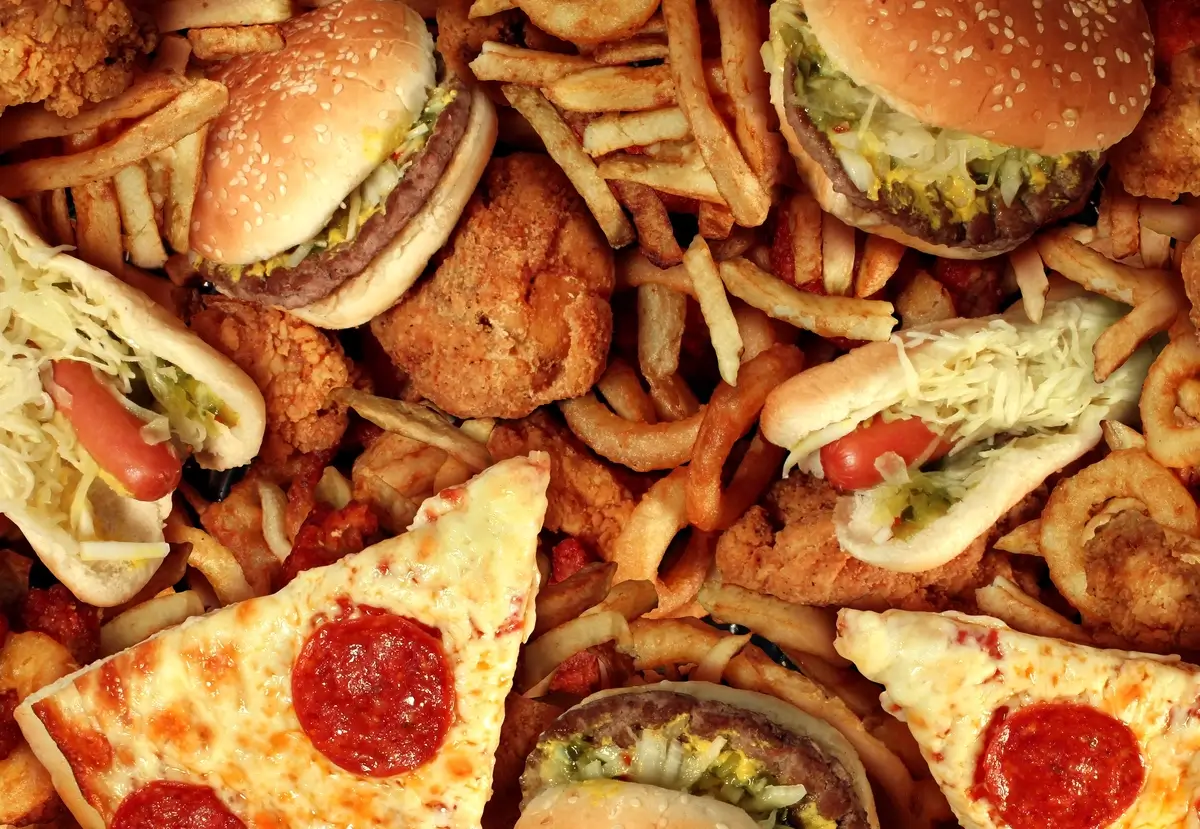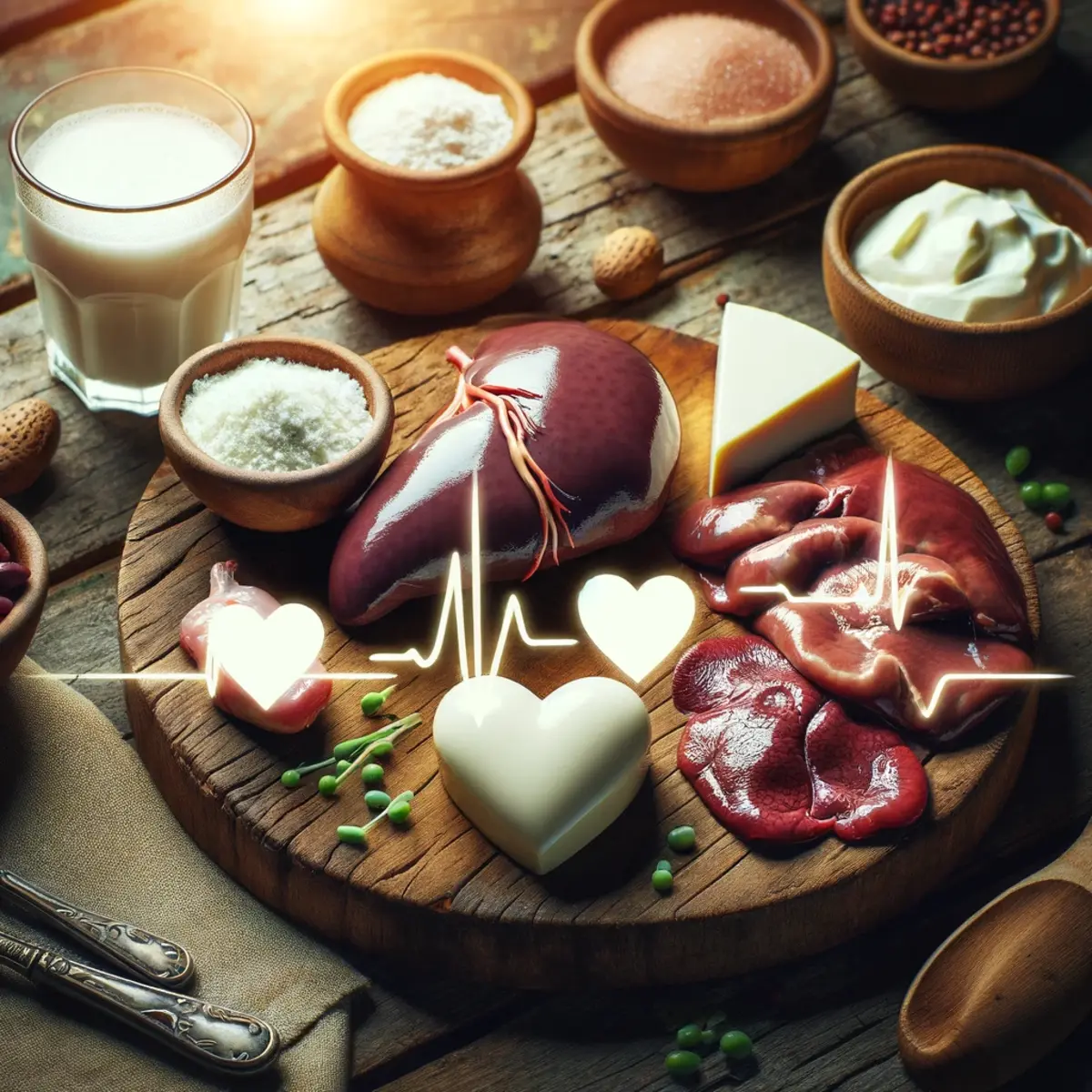Foods To Avoid if You Have Heart Palpitations: A Guide for Better Health
Heart palpitations can be unsettling and sometimes even alarming, causing an irregular heartbeat and an awareness of your heart's rhythm. They may be harmless and typically last for a few seconds or minutes. However, if you experience heart palpitations frequently or have an underlying heart condition, it is crucial to understand the potential triggers, including certain foods that can cause heart palpitations, which can exacerbate this condition.
What Are Heart Palpitations?
Heart palpitations refer to the sensation of feeling your heart beating too fast, too slow, irregularly, or with skipped beats. It can feel like your heart is pounding, fluttering, or racing. These palpitations may occur in your chest, throat, or neck, and can be triggered by various factors such as stress, anxiety, strenuous exercise, or certain foods.
Understanding the Symptoms of Heart Palpitations
Symptoms of heart palpitations include a racing or fluttering heart, a pounding in the chest, dizziness, shortness of breath, chest discomfort, or feeling faint. These symptoms may be brief but can cause significant distress, especially if they occur frequently.
Common Causes of Heart Palpitations
Heart palpitations can be caused by stress, anxiety, panic attacks, vigorous physical activity, or consuming stimulants such as caffeine or nicotine. In addition to these factors, eating certain foods like spicy, salty, and sugary foods and consuming certain beverages can also play a role in triggering not only heart palpitations but may also cause other heart problems.
Connection Between Heart Palpitations and Food
There is a connection between the food we consume and its impact on heart health. Certain foods can lead to an increase in heart rate and cause palpitations, especially in individuals with pre-existing heart conditions such as arrhythmia and atrial fibrillation. Understanding the link between food and heart palpitations can help in managing this condition effectively.
Why Do Certain Foods Trigger Heart Palpitations?

Various factors in certain foods can lead to heart palpitations, including excessive caffeine intake, high sodium content, and the consumption of sugary and processed foods. Understanding the role of these factors can help in making informed dietary choices, especially for those prone to heart palpitations.
The Impact of Excessive Caffeine Intake
Caffeine is a stimulant that can increase heart rate and potentially trigger palpitations. Beverages such as coffee, tea, cocoa, and energy drinks, which are high in caffeine, can have a significant impact on heart rhythm, particularly when consumed in excess. Apart from that, certain weight loss supplements contain green coffee and guarana which are also high in caffeine.
High Sodium Foods and Heart Palpitations
Foods high in sodium can lead to fluid retention and increase blood pressure, potentially affecting heart function and causing palpitations. It is important to be mindful of consuming processed and high-sodium foods, as they can hurt heart health. High-sodium foods include:
- Condiments like ketchup, soy sauce, barbecue sauce, pasta sauce, mayonnaise, and other cooking or dipping sauces
- Seasonings or tastemakers like soup powders, Cajun seasoning and ramen noodle seasoning
- Canned vegetables
- Pickles
- Packed vegetable juices
- Cottage cheese and processed cheese
- Processed meats like deli meats, sausages, burgers, meatballs, and nuggets Processed snacks like chips
- Most ready-made breakfast cereals like corn-flakes and protein bars
Effect of Consuming Sugary and Processed Foods
Sugary and processed foods can cause rapid spikes in blood sugar levels, followed by a sudden drop, which can affect heart rhythm and potentially trigger palpitations. Managing the intake of these foods is crucial for overall heart health. Avoiding high intake of sugar is crucial for your heart health as it may cause diabetes and affect your heart health.
Which Foods Can Exacerbate Heart Palpitations?

Fatty and fried foods, spicy foods, and alcohol consumption are among the culprits that can exacerbate heart palpitations. Understanding the impact of these foods can help in avoiding potential triggers for palpitations.
The Role of Fatty and Fried Foods
Fatty and fried foods can contribute to high cholesterol levels and increase the risk of heart disease, potentially leading to irregular heart rhythms and palpitations. It is advisable to minimise the consumption of such foods for better heart health.
Understanding the Relationship Between Spicy Foods and Heart Palpitations
Spicy foods can increase body temperature and cause sweating, potentially impacting heart rate and rhythm, especially in individuals sensitive to these foods. Managing the intake of spicy foods is important for those prone to heart palpitations.
Alcohol Consumption and its Effect on Heart Palpitations
Alcohol can have a direct effect on heart function, leading to an increase in heart rate and potential palpitations. It is important to moderate alcohol consumption and be mindful of its impact on overall heart health.
Are There Specific Additives That Can Trigger Heart Palpitations?
Certain additives found in foods and beverages, such as artificial sweeteners and monosodium glutamate (MSG), can also have an impact on heart health and potentially trigger palpitations.
The Impact of Artificial Sweeteners on Heart Health
Artificial sweeteners, commonly found in diet sodas and sugar-free products, can affect heart rhythm and lead to palpitations in some individuals. It is important to be cautious of the consumption of these additives for better heart health.
Potential Link Between Monosodium Glutamate (MSG) and Heart Palpitations
Monosodium glutamate (MSG), a flavour enhancer commonly used in Asian cuisine and processed foods, has been associated with potentially adverse effects on heart health, including palpitations. Being mindful of foods containing MSG is important for individuals susceptible to heart palpitations.
What Are Some Other Potential Triggers for Heart Palpitations?

The Influence of High Purine Foods on Heart Palpitations
Sometimes, heart palpitations after eating are caused by foods high in purines, such as organ meats, anchovies, and certain seafood, which can lead to an increase in uric acid levels and potentially affect heart function, contributing to palpitations in some individuals. eating foods that contain high purine may affect your heart, such as palpitations after eating or drinking. Many of the foods high in purine may make you feel like your heart is beating irregularly. If you notice heart palpitations after eating certain foods, be sure to craft a diet to avoid foods high in purine to help reduce the effect on your heart.
Exploring the Relationship Between Dairy Products and Heart Palpitations
In some cases, dairy products, particularly those high in fat, can be associated with an increased heart rate and an irregular heart rhythm, which may trigger heart palpitations. Understanding the impact of dairy consumption is important for managing heart palpitations. Use skimmed milk or low-fat milk instead of full-cream milk as certain foods can reduce palpitations in people and other foods may contribute to heart rate irregularity.
Tyramine-Rich Foods and Their Effect on Heart Palpitations
Tyramine, a compound found in aged cheeses, cured meats, and certain fermented foods like fruits, can potentially impact heart function and trigger palpitations in susceptible individuals. Being mindful of consuming tyramine-rich foods is crucial for better heart health and reducing irregular heart rate to manage heart palpitations effectively. It's important for those with heart conditions like atrial fibrillation or who are susceptible to frequent palpitations to be mindful of their intake of tyramine-rich foods.
Conclusion
In conclusion, managing heart palpitations and underlying heart disease involves more than just avoiding certain foods. It requires a holistic approach to your overall health. By understanding the impact of food on your heart and making smart dietary choices, you can reduce the frequency and severity of palpitations. Remember to consult with a cardiologist for personalised advice and to address any underlying issues contributing to your symptoms. With the right lifestyle changes and support, you can improve your heart health, and help with palpitations symptoms along with improving overall well-being.

